|
As a church musician for nearly 40 years now (Lordy...), there has always been one aspect of my duties that has made me question its validity, purpose, and frankly, effectiveness: the prelude and postlude. Every organist can relate to the experience of practicing diligently on an impressive slice of organ repertoire only to be met with the white noise of a chatty congregation during the prelude or the backs and roar of the congregation as they depart during the postlude. So, then, an organist will inevitably ask themselves, why am I doing this? This is just an observation and not an accusation. And the musical culture of congregations vary greatly from one another in this way. And it is simply human nature to speak to one another when in groups, especially if everyone just likes each other! But the question remains then: what is the purpose of music before and after a worship service? Can it be of benefit to a congregation to listen more attentively? A few thoughts from your friendly neighborhood organist. Traditional Christian worship services are inevitably based on the Catholic Mass. According to the rubrics, the Mass begins when the priest enters the sanctuary and ends when he exits. Music before and after the liturgy then is only supplementary and not required. The Protestant Reformation placed a greater emphasis on music and figured prominently in Luther's theology. And so we have the great chorale preludes of Bach and other composers well suited to be used throughout worship. The French organist tradition of improvisation resulted in epic "sorties" at the end of liturgies and preludes created by virtuosic organists in the moment. From my experience, denominations tend to have music cultures that are reasonably consistent across the board. This is also influenced by a church's worship style characterized by a "high" or "low" church approach and, of course, by the congregation itself. Despite all these variables however, I feel there is a pragmatic approach to allow everyone to experience the prelude and postlude in their own way while being mindful of fellow congregants who choose another approach more meaningful to them. So what do these mysterious musical offerings mean to me? First, the prelude. It allows the organist or musicians to set a visceral tone for the service. The affect presented is often serene, meditative, (an introspective joy) to foster a prayerful environment for those who wish to prepare mindfully for worship. But the music can also be exuberant, celebratory...loud! I like to use this approach on feast days such as Easter Sunday, for example. The prelude. however, is a time for gathering! Some may prefer to chat quietly with their neighbor. And that is just fine as long as one respects the fact that some may wish to have silence (or near silence) to gather their thoughts and meditate upon the music being offered. The postlude. As an organist, it is always great fun to "turn it up." I consider it very rock-n-roll to play exciting and intense music at high volumes. You should try it. Primarily, I consider it an exclamation point to the worship service. A synopsis of all that came before in the liturgy and a reminder of the joy and hope we should have as Christians. And sometimes, there are exceptions to this joyful affect. An example would be the Maundy Thursday postlude, of which the events of Holy Week requires an appropriate introspective musical expression of intimacy, solemnity, sublimity. And I can't tell you how surprised I was my first Sunday with you all when, after my postlude, you were still seated! That is rare and wonderful. It reminds me of the bonus scene in the 1986 film Ferris Bueller's Day Off when Matthew Broderick turns to the camera after the credits are done, breaking the Fourth Wall, and says to the viewer, "You're still here? It's over. Go home." I've wanted to do that many times....not really. it's appreciated! So just some thoughts and considerations from the One on the Bench. You may have noticed an indication and reminder in the bulletin inserts as well to allow an introspective time during the prelude for those who wish it. We all worship in different ways and that is just another piece of our diversity here at Plymouth. I suggest we continue to be mindful of these differences and perhaps even give the hoary tradition of the Prelude and Postlude a chance to resonate within ourselves. It could happen. Mark Heiskanen Director of Music/Organist AuthorMark Heiskanen has been Plymouth's Director of Music since September 2017. Originally from Northeast Ohio, Mark has experience and great interest in a diverse range of musical styles including jazz, rock, musical theatre, and gospel. He is thrilled to serve a congregation and staff that values diversity and inclusion in all facets of life. Read his mostly-weekly Music Minute here. 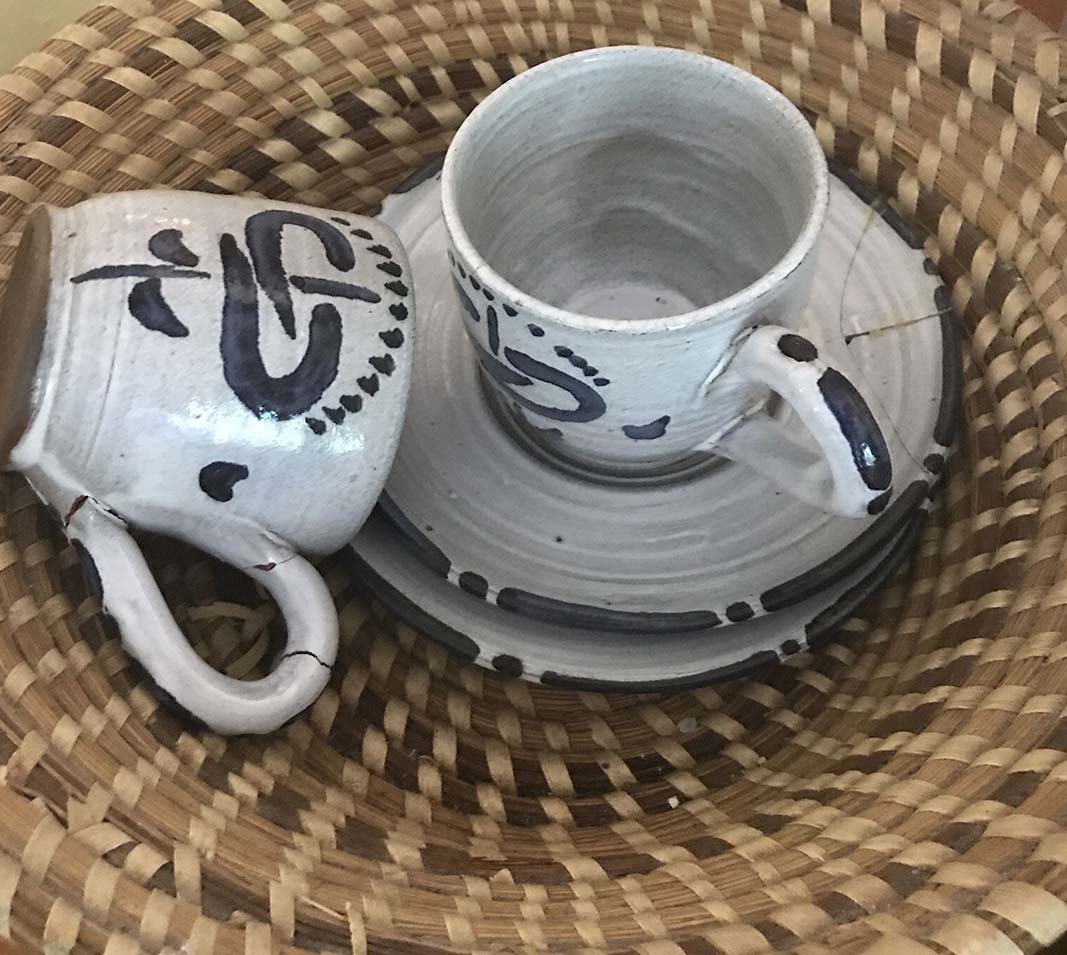 Dear Plymouth, Since my sermon for September 9, “What’s So Full About Being Empty?”, on the spiritual practice of emptying in order to be filled with the spirit of Christ, I have continued to ponder my personal practice. It is not necessarily easy. My mind can be the poster child for the term “monkey mind.” I am very conscious of the way it jumps through tasks and concerns and worries at top speed. Too fast at times to make a constructive list. How to let go of the attitude of anxiety in order to focus on real tasks and meet the needs of real people? to be truly present in the moment? At times I work too hard to make sure I am really letting go. This is a conundrum. Working too hard to let go is counter-productive. It produces more anxiety! Anyone else have monkey-mind exacerbated by anxiety that gets in the way of your true concern to be efficient, to be focused on following God, to be joyful and in the moment with yourself and others? As a continuation of my own practice and an offering for yours, I give you Denise Levertov’s poem, "The Avowal." When it is hard to empty your mind, your heart, your soul, your body of obsessive ego thoughts, of over-active anxiety and perfectionism, of too much worry, of unproductive anger and resentment, may we remember to breathe into “Creator Spirit’s deep embrace.” May we remember that we are already surrounded by God’s abundant and overflowing grace. As swimmers dare to lie face to the sky and water bears them, as hawks rest upon air and air sustains them, so would I learn to attain free fall, and float into Creator Spirit’s deep embrace, knowing no effort earns that all-surrounding grace. Blessings on your journey this week, Jane Anne We Apologize! We apologize for the confusion on Sunday regarding our parking! For those who were not present, notes were distributed to cars in our parking lot as warnings about the possibility of being towed. On Sundays our parking lot is open to ALL our members, friends, and visitors! Let us say that again! On Sundays our parking lot is open to ALL our members, friends and visitors. Here is some additional information about our current parking system at Plymouth:
AuthorThe Rev. Jane Anne Ferguson, Associate, Minister, is a writer, storyteller, and contributor to Feasting on the Word, a popular biblical commentary. She is also the writer of sermon-stories.com, a lectionary-based story-commentary series. Learn more about Jane Ann here. Fans of Stephen Sondheim will know the wrenchingly wonderful song, “Being Alive,” from Company, in which the protagonist sings about taking the risks of being in relationships, and in fact, of being alive. Often, he is unable to be vulnerable and goes through life playing it safe. Let’s face it: life is a series of risks taken or avoided, and if we choose engage life fully, we will wind up being hurt, disappointed, and walking through life wounded. But if we are to have the kind of “abundant life” that Jesus speaks of in John’s gospel, we must be willing to take risks. It’s not always easy. Our faith -– our trust -– in God must be stronger than our fear. I have been deeply inspired by the courage of one of our members who has been dealing with cancer for several years, and I have seen her repeatedly seize the day and refuse to be anything other than fully alive. Janet McCulloch now is living with extreme pain and was unable to be in church last Sunday to see the showing of her art in Plymouth’s gallery, but she did make a “special guest appearance” via an iPad (attached lovingly by her family to an IV drip pole on wheels) and was able to converse remotely with folks during coffee hour. And with Janet’s permission, I am sharing this piece of her story with you, because it is wondrous. One of the other assurances of our faith is the idea of eternal life, which doesn’t mean our bodies will always be healthy and vital…they won’t. It does mean that we are not separated from the love of God.[1] It does mean that in life, in death, in life beyond death, we are not alone.[2] And eternal life doesn’t start when our bodies give out…it starts now…today! I encourage you to take a long, enjoyable look at Janet’s artwork in our gallery. It will help you to know what it means to be alive. And if you feel inclined, let Janet know what it means to you. Seize the day! Seize abundant life! AuthorThe Rev. Hal Chorpenning has been Plymouth's senior minister since 2002. Before that, he was associate conference minister with the Connecticut Conference of the UCC. A grant from the Lilly Endowment enabled him to study Celtic Christianity in the UK and Ireland. Prior to ordained ministry, Hal had a business in corporate communications. Read more about Hal.  “To be, or not to be—that is the question: Whether ‘tis nobler in the mind to suffer The slings are arrows of outrageous fortune Or to take arms against a sea of troubles And by opposing end them…” Hamlet (III.I. 56-60) How can I forget being made to memorize this entire famous monologue of Hamlet as part of some test of will, rite of passage in junior high school? Sometimes, these sorts of memorization exercises of classic literature are actually useful in life and we find ourselves quoting them at surprising times. "To be or not to be…" For example, when thinking about the process of unleashing the database user portals for congregational use, we all ask ourselves… “To be or not to be… part of the directory online portal system?” That is the question! September 2018 marks a new phase of congregational access and transparency in the history of the church: the launch of user-portals to have up-to-the minute directory and giving information at your fingertips. In a time when the transparency and connection in the wider Church are a big issue, it is right and good for us to allow this input and access to the database. The reality is that we are all already part of the database. Just as churches have kept records for eons on paper, all churches now do that digitally. Not only is this a safer way to keep information but it is more efficient, and allows us to implement data-driven solutions. Plymouth has had a database in some form or another for almost 20 years now. This is to say that asking members to create log-ins and learn to use an online portal to view their own information, update pictures, and access photo directories online (and the option of an app for their phones), isn’t the same as opting in or out of the database. We are all in the database whether we decide to use the portal or not; but now we are offering a new way to stay connected and to engage and manage your own directory information. What Leadership Council and the Database Task Force are asking is that you claim your directory portal and make corrections to your information if needed. You can do this on your own (instructions here) or with the help of our skilled volunteers in the Fellowship Hall after every worship service for the rest of the month of September. Uploading a good picture would also be a blessing for all of us. (For example, it was a problem that we didn’t have clear, current pictures of everyone during our last sabbatical interim.) To be or not to be… that is not the question! We are all already in the database. The question is: to be connected better or to keep status quo? We also have a new privacy and database policy developed by the Task Force for the Database and approved by Leadership Council. Access and review it by clicking here for a PDF. We think we are one of the only churches in the country with such a detailed, responsible, and comprehensive policy. Please consider taking the time to log into the portal, download the app if you use the directory regularly, and update your information. Know that our help table volunteers for the rest of the month of September* are here to help and are trained to answer questions or walk you through the process. (Again, instructions for self-guided setup are here.) *The Directory Help Table will be staffed on Sundays September 9-30, between 10 and 11 a.m., noon to 1 p.m, and 7 to 7:30 p.m. in the Fellowship Hall. To be or not to be? I think Plymouth always chooses to be more and better connected. Sincerely in Shakespearian Musings, The Rev. Jake Miles Joseph (or just Jake) P.S. Thank you to those who served with me on the Database Task Force: Chair Daryl Knoblock, Anna Broskie (IT/Communications Coord.), Bill Tucker, Sarah Parmenter, and Keith Schulz. AuthorThe Rev. Jake Miles Joseph ("just Jake"), Associate Minister, came to Plymouth in 2014 having served in the national setting of the UCC on the board of Justice & Witness Ministries, the Coalition for LGBT Concerns, and the Chairperson of the Council for Youth and Young Adult Ministries (CYYAM). Jake has a passion for ecumenical work and has worked in a wide variety of churches and traditions. Read more about him on our staff page. |
Details
|
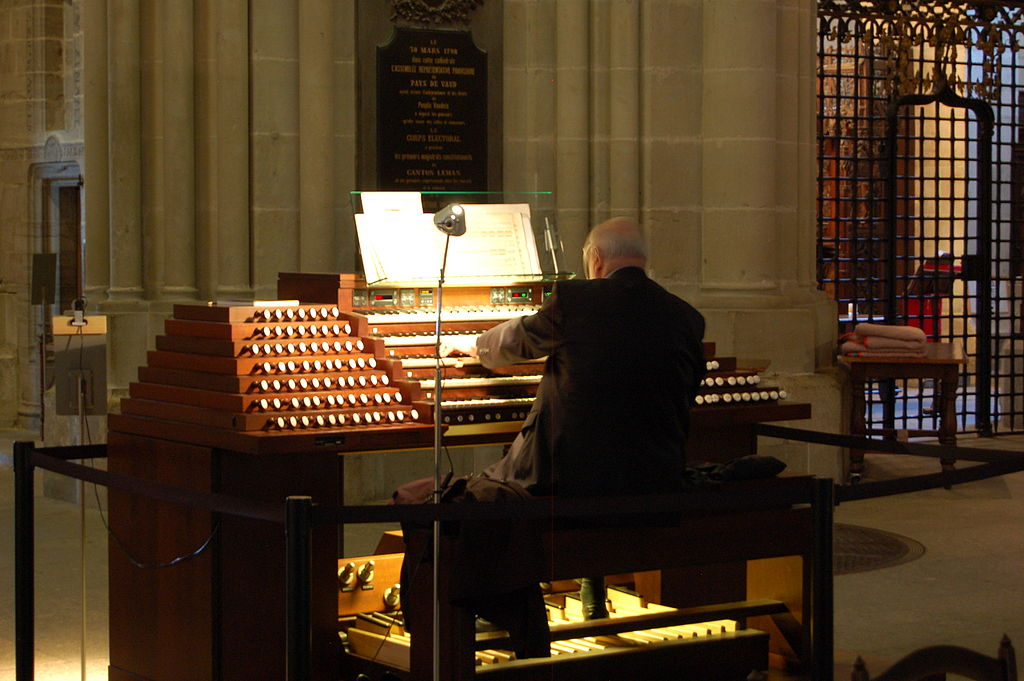
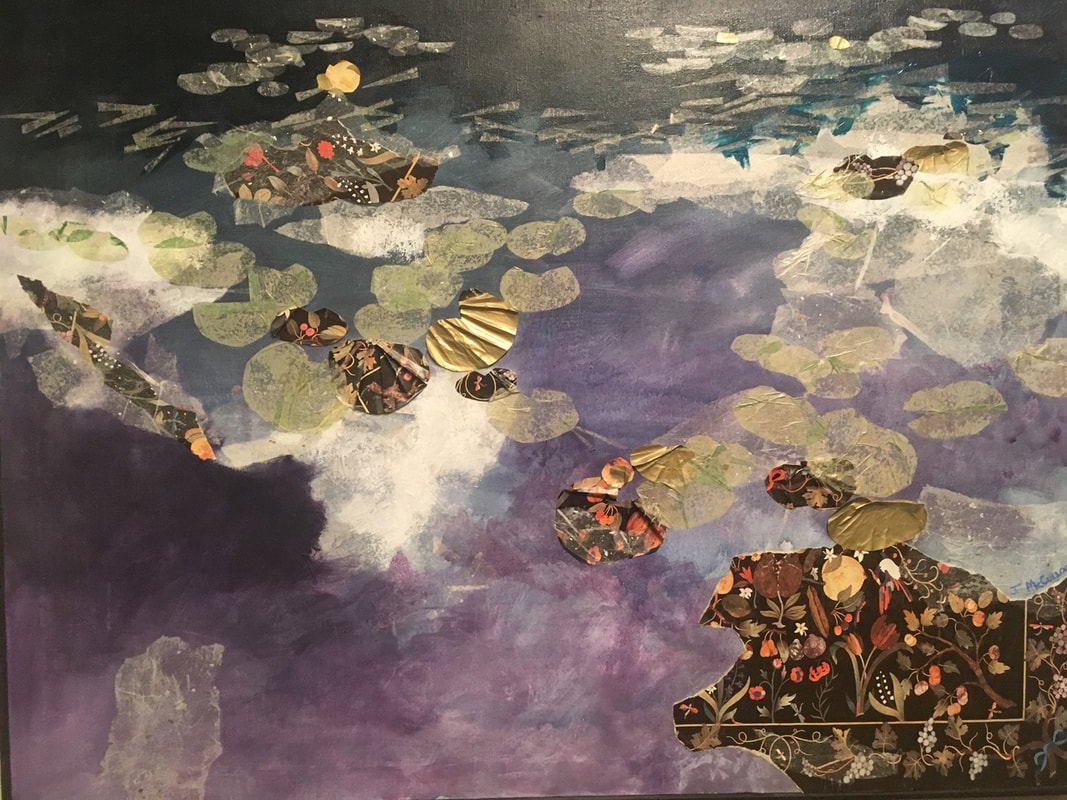


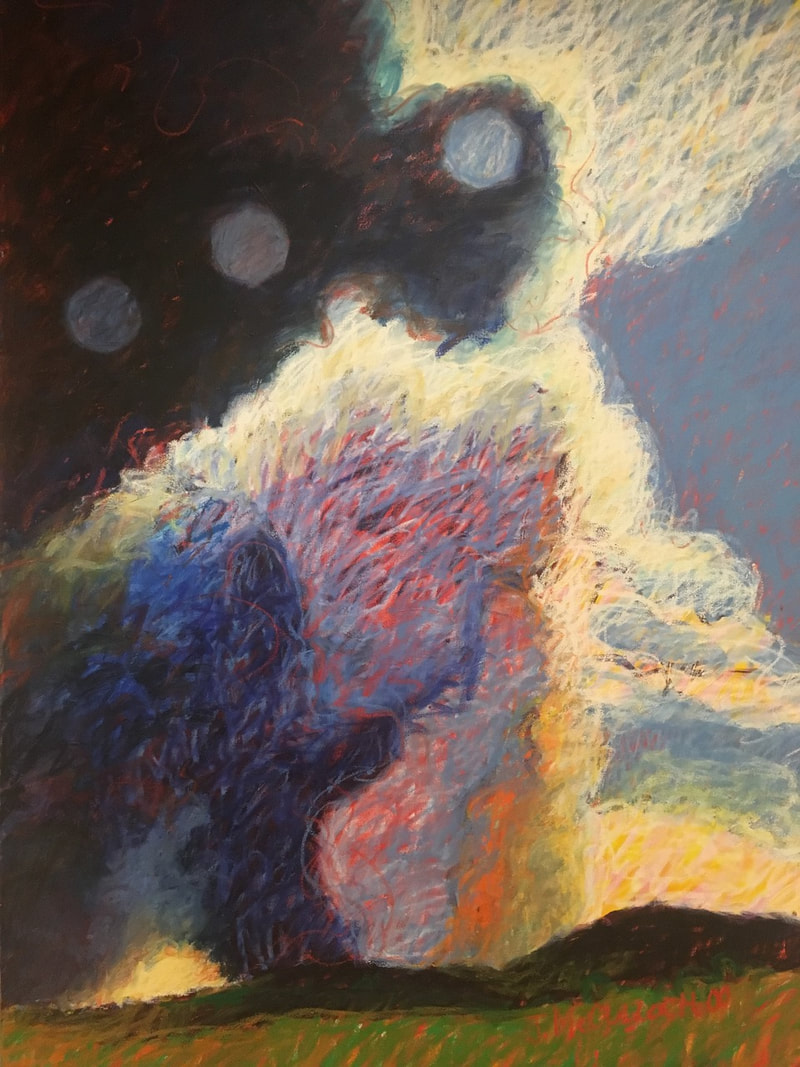
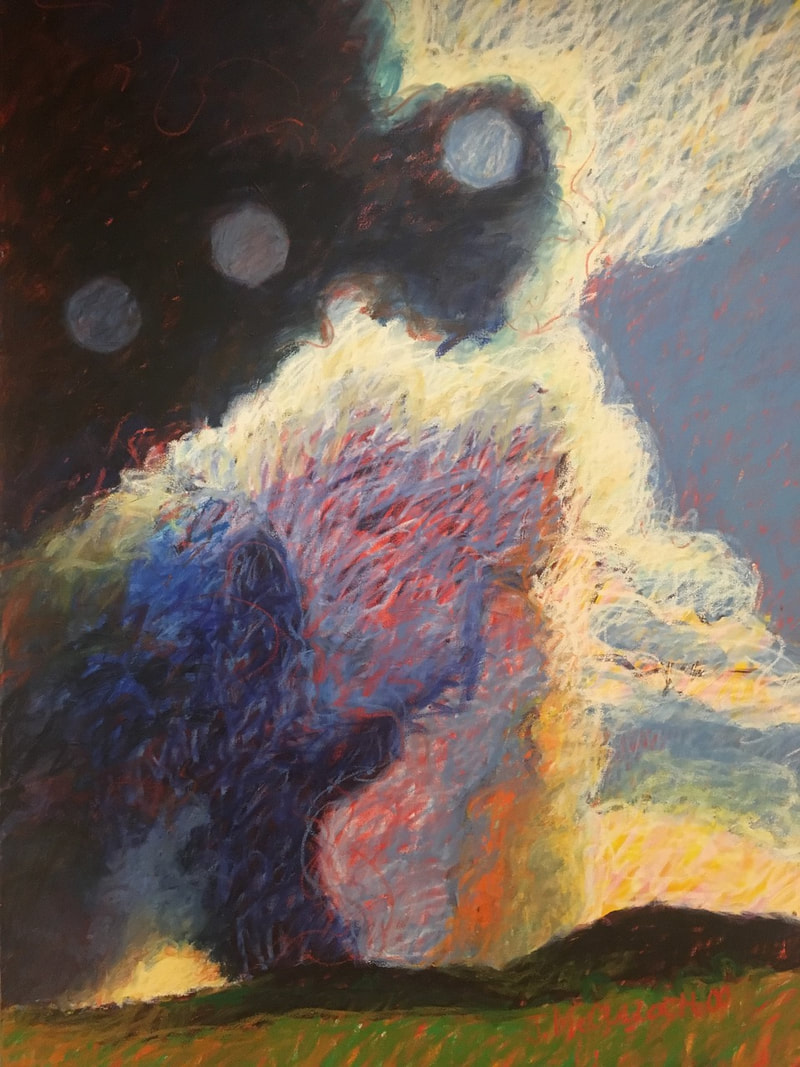
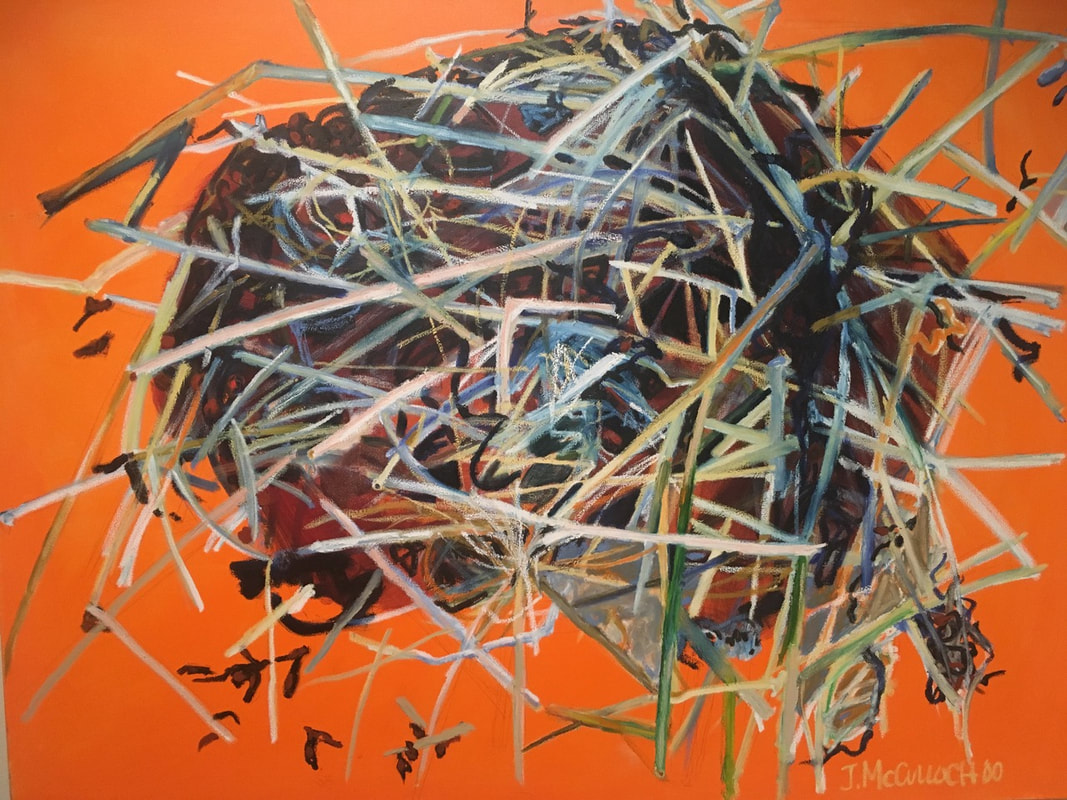
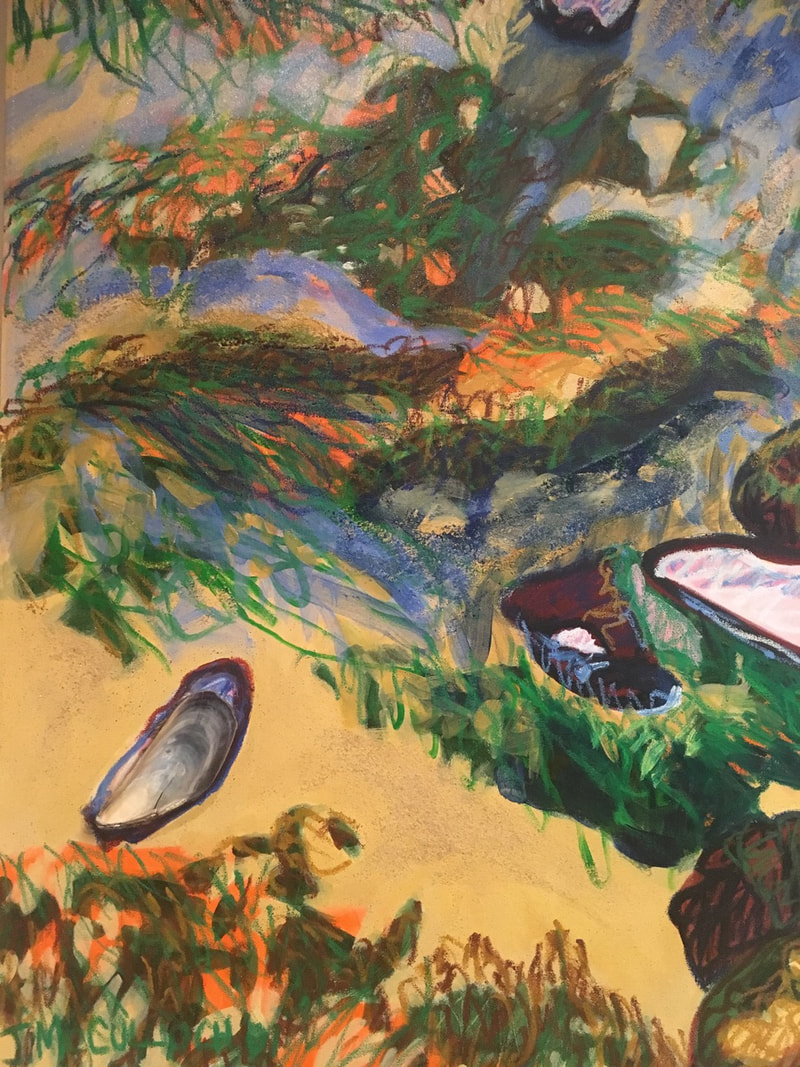
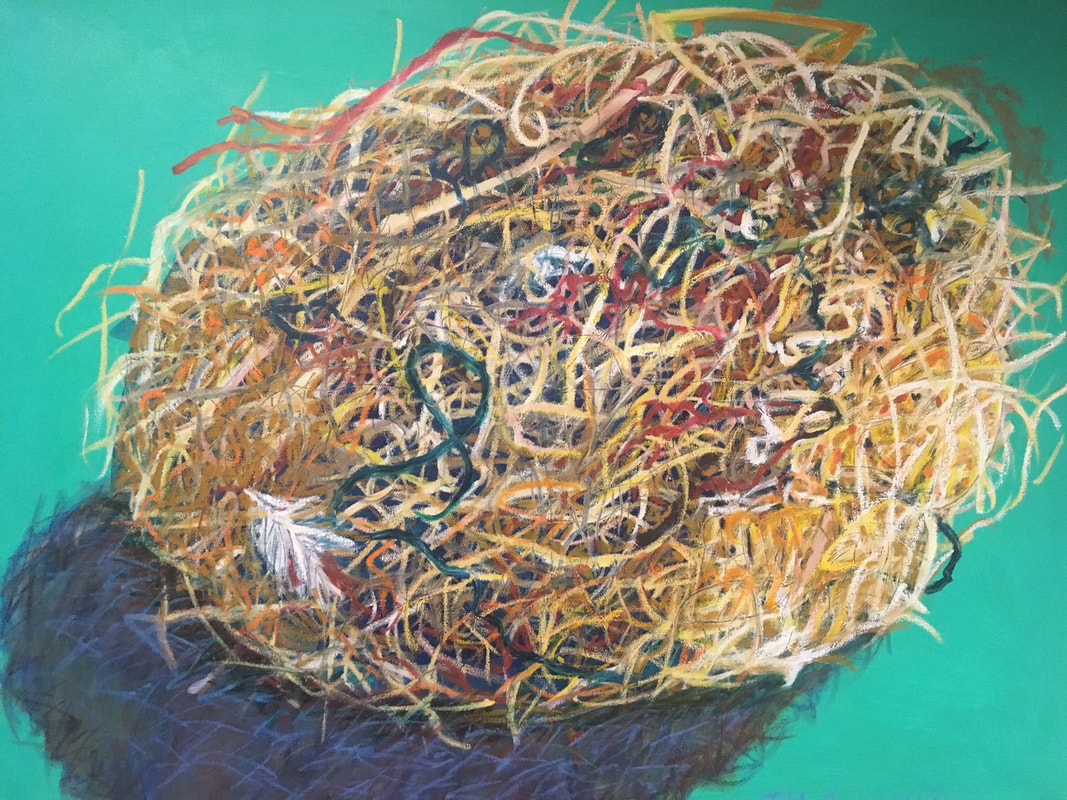
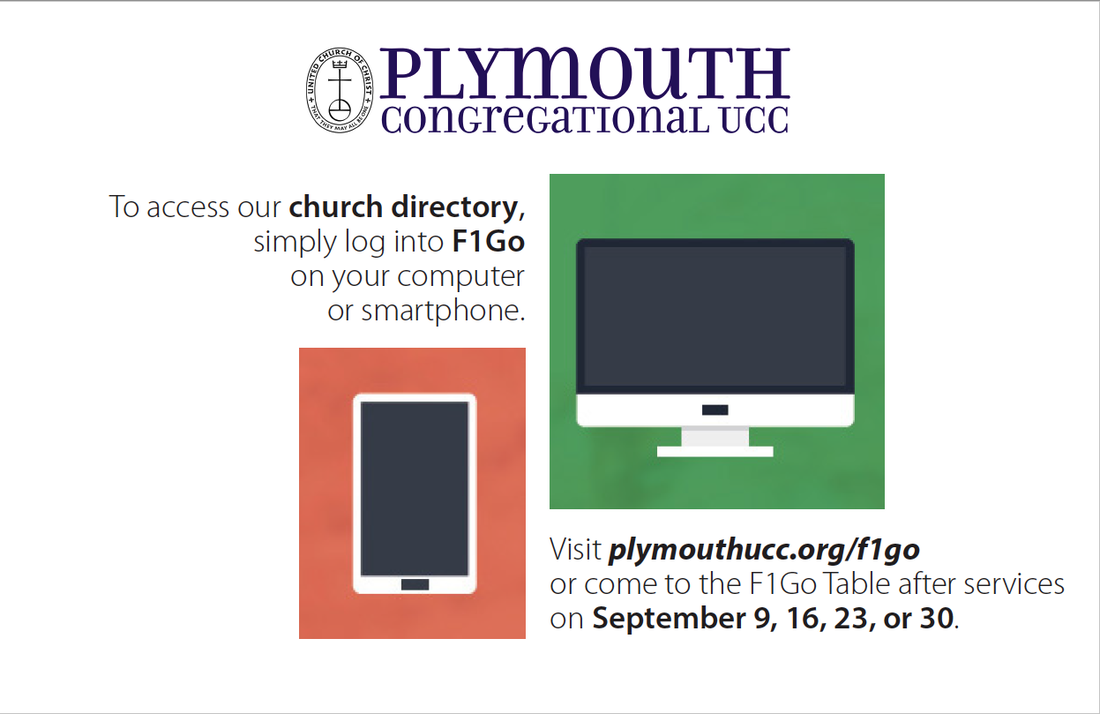
 RSS Feed
RSS Feed